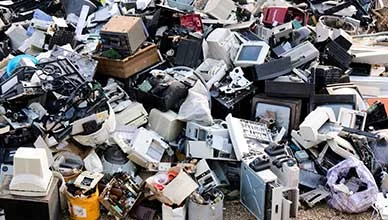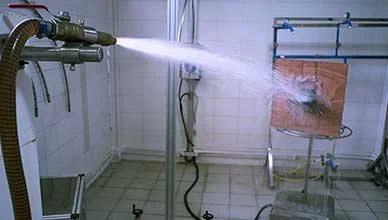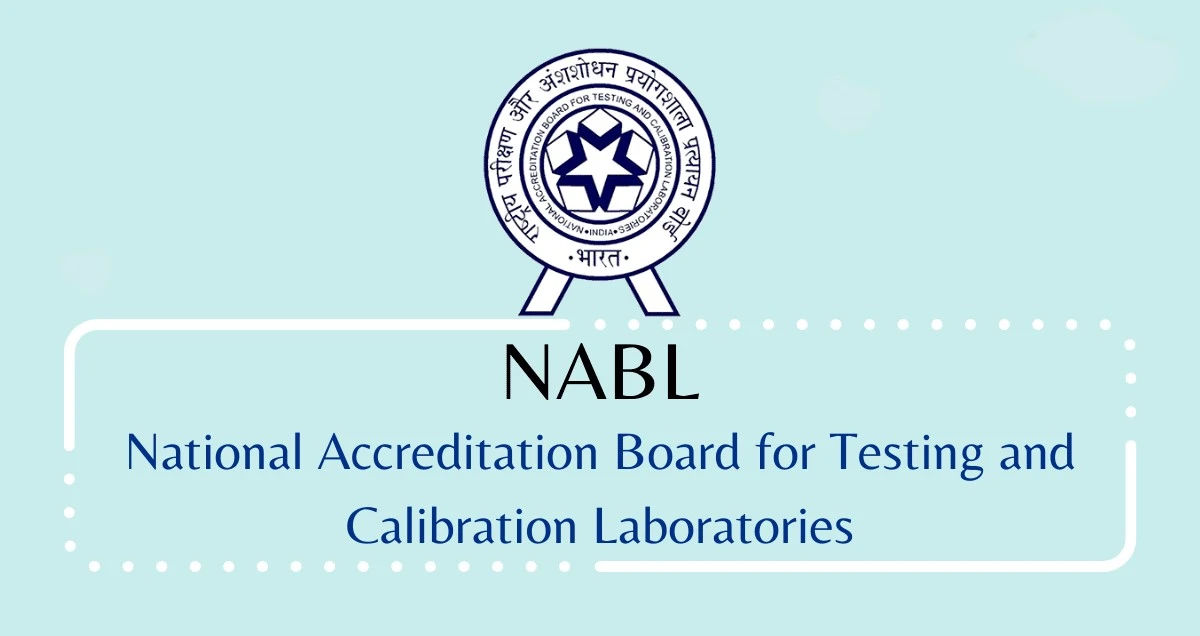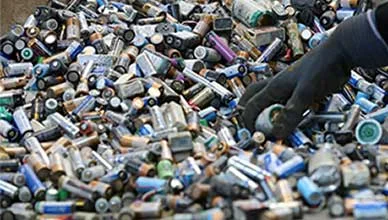EPR Registration (Extended Producer Responsibility) and certification
It seems like you're looking for information related to Extended Producer Responsibility (EPR) registration and certification, especially for plastic waste. EPR is a policy approach that makes producers responsible for the entire life cycle of their products, including disposal and recycling. The information provided here is based on general knowledge as of my last update in January 2022, and specific details may vary.
EPR Registration and Certification: A Comprehensive Guide
What is EPR?
Extended Producer Responsibility (EPR) is a policy approach that shifts the financial and operational responsibility for the post-consumer management of a product back to the producer. This means that producers are responsible for the collection, recycling, and disposal of their products once they reach the end of their life cycle.
What is an EPR Certificate?
An EPR certificate is a document issued by a regulatory body to a producer, confirming that they have complied with their EPR obligations for a specific product or product category. It serves as proof that the producer has taken financial and operational responsibility for the end-of-life management of their products.
EPR Registration and Certification Process:
- The specific EPR registration and certification process can vary depending on the country, region, and product category. However, some general steps typically include:
- Identify your EPR obligations: Determine which products you are responsible for under the EPR regulations.
- Register with the relevant authority: Register as a producer with the designated regulatory body.
- Develop an EPR plan: Create a plan outlining how you will meet your EPR obligations, including collection, recycling, and disposal arrangements.
- Submit your EPR plan for approval: Once your plan is finalized, submit it to the regulatory body for approval.
- Obtain an EPR certificate: Upon approval of your plan, you will be issued an EPR certificate.
EPR for Plastic Waste:
Many countries have implemented EPR regulations specifically for plastic waste. In India, for example, the Plastic Waste Management Rules, 2016, mandate EPR for all producers of plastic packaging waste. Producers must register with the Central Pollution Control Board (CPCB) and submit an EPR plan outlining their strategy for collecting and recycling plastic waste.
EPR for E-Waste:
EPR regulations for e-waste are also common in many countries. In India, the E-Waste (Management) Rules, 2016, require producers of electrical and electronic equipment (EEE) to register with the CPCB and develop an EPR plan for the collection, recycling, and disposal of their products.
Additional Information: EPR Registration
EPR Fees: Producers typically pay an EPR fee based on the type and quantity of products they put on the market.
Online Registration: Many countries offer online portals for EPR registration and plan submission.
EPR Consultants: Consultants can help producers navigate the EPR compliance process.
CPCB EPR Registration: The CPCB is the nodal agency for EPR implementation in India.
EPR Authorization Certificate: This is another term used for an EPR certificate.
EPR Exemption: Certain products or producers may be exempt from EPR requirements.
EPR Full Form: Extended Producer Responsibility.
CPR Registration Full Form: Centralized Plastic Waste Registration.
This is a general overview of EPR registration and certification. For specific details and requirements, it is recommended to consult for Evtl India Certification the relevant regulations and resources in your country or region.
I hope this information is helpful. Please let me know if you have any other questions. contact@evtlindia.com | +91-9560 935 898
- Home
-
Services
- BIS-CRS Certification
- ISI Domestic Manufacture
- BIS FMCS Registration
- WMI Registration
- BIS ISI Mark Certification
- BIS ECO Mark Scheme
- EPR Plastic Waste
- EPR E-Waste
- EPR Registration
- EPR Battery Waste
- EPR Importance
- EPR For Tyres
- EMI-EMC Test
- RF Testing
- IP Rating Test
- TEC Approvals
- NABL Testing
- LM 79 & LM 80
- ROHS Approval
- CE Certificetion
- TradeMark
- Copy Right
- UL Certification
- CDSCO Approvals
- Drug License
- CDSCO Registration
- WPC-ETA Approval
- BEE Registration
- FSSAI Registration
- Gem Registration
- TSDF Facility
- Import Export License
- Custom Compliance
- LAB Setup and lab equipment
- NOC For Steel
- IMEI Registration
- ISO Certification
- Legal Metrology
- NSIC Registration
- Start-Up Registration
- Make in India Mark
- LMPC Registration
- Updates
- Gallery
- About Us
- Clients
- Contact Us






































































